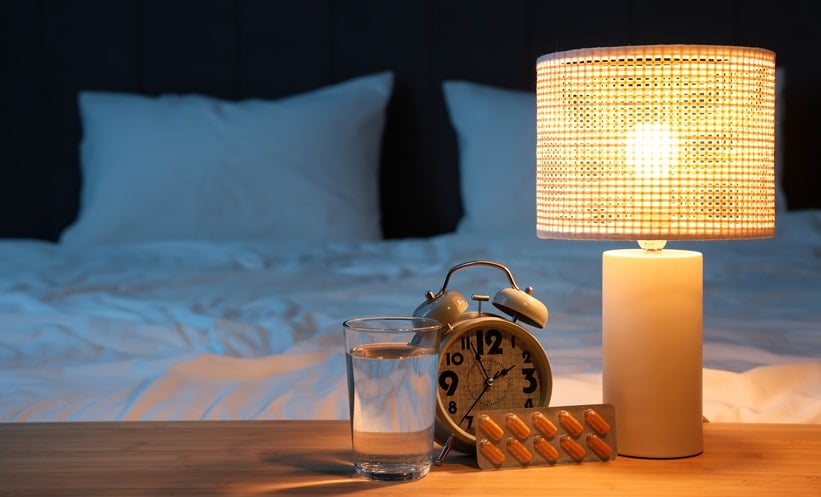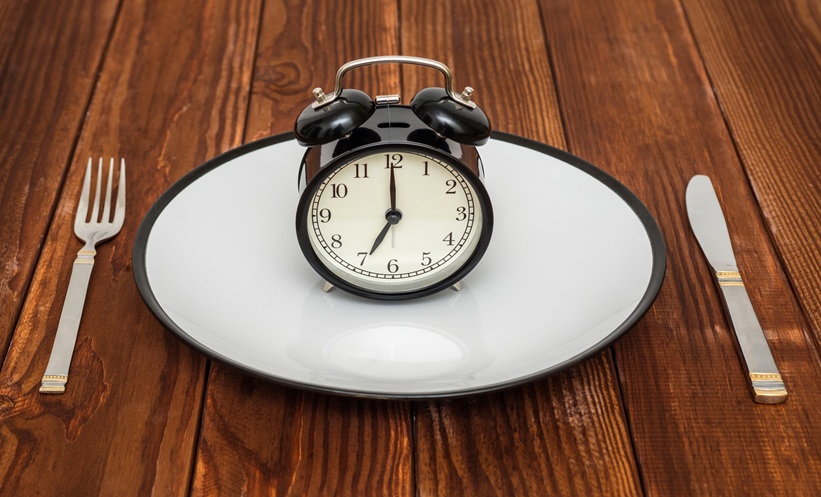BEDTIME dosing of antihypertensive medication was found to provide better control of nocturnal blood pressure and improved circadian rhythm compared with morning dosing in patients with hypertension, without increasing the risk of nocturnal hypotension.
Managing nocturnal blood pressure remains a significant challenge in the treatment of hypertension, as elevated night-time values are strongly linked to cardiovascular risk and adverse outcomes. Chronotherapy, or the timing of medication administration to align with biological rhythms, has been proposed as a potential strategy to optimise blood pressure control. However, robust clinical evidence supporting this approach has been limited and sometimes contradictory. The OMAN randomised clinical trial was designed to address this gap by directly comparing the effects of morning versus bedtime antihypertensive dosing on nocturnal blood pressure and circadian rhythm in a real-world patient population.
This multicentre, randomised trial enrolled 720 patients with hypertension across 15 hospitals in China between June 2022 and April 2024. Eligible participants were either untreated or had discontinued antihypertensive medication for at least two weeks. They were randomly assigned to receive a daily single-pill combination of olmesartan (20 mg) and amlodipine (5 mg) either in the morning (6:00-10:00 am; n=352) or at bedtime (6:00-10:00 pm; n=368) for 12 weeks, with dose adjustments at weeks 4 and 8 based on ambulatory and office blood pressure readings. Baseline characteristics were well matched between groups, with mean 24-hour systolic/diastolic blood pressure of 148.0/91.4 mm Hg (morning) and 147.6/91.6 mm Hg (bedtime). At 12 weeks, the bedtime dosing group achieved a significantly greater reduction in night-time systolic blood pressure (between-group difference, −3.0 mm Hg; 95% CI, −5.1 to −1.0; P=0.004) and diastolic blood pressure (−1.4 mm Hg; 95% CI, −2.8 to −0.1; P=0.04) compared to morning dosing. Bedtime dosing also resulted in better nocturnal systolic blood pressure control (79.0% vs 69.8%; P=0.01) and improved circadian rhythm, with no increase in nocturnal hypotension or loss of efficacy during daytime or over 24 hours.
These findings provide strong evidence for the clinical benefit of bedtime antihypertensive dosing in improving nocturnal blood pressure control and circadian rhythm, without additional safety concerns. For clinical practice, these results support considering bedtime administration as a simple, effective strategy for patients with hypertension, particularly those with suboptimal nocturnal blood pressure control. Further research should explore long-term cardiovascular outcomes and the generalisability of these results to other antihypertensive regimens and populations.
Reference
Ye R et al. Morning vs bedtime dosing and nocturnal blood pressure reduction in patients with hypertension: The OMAN Randomized Clinical Trial. JAMA Netw Open. 2025;8(7):e2519354.








